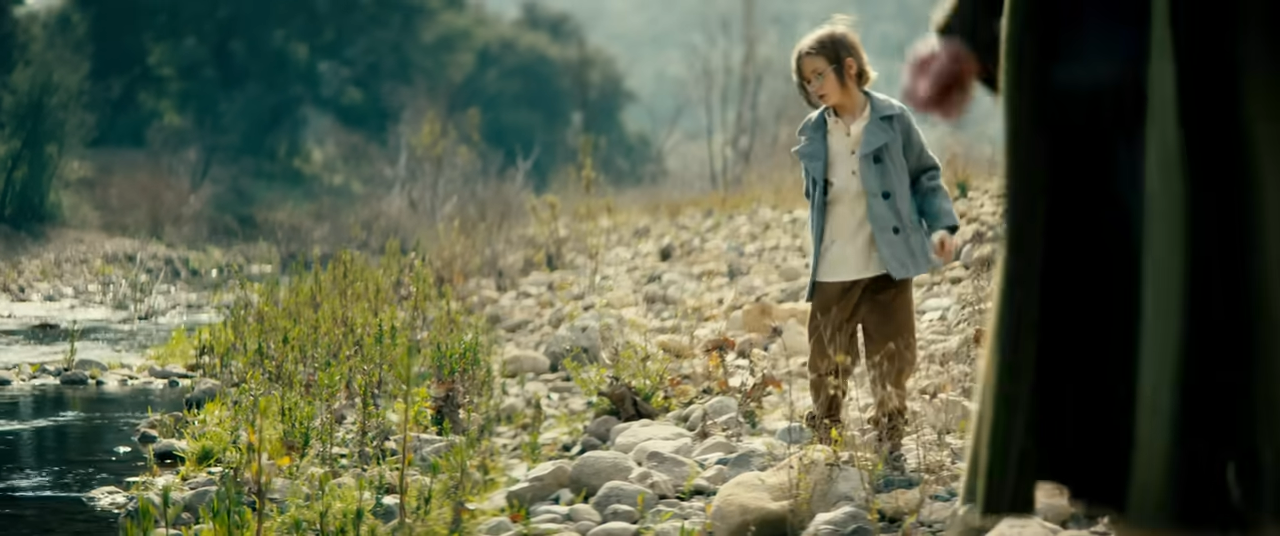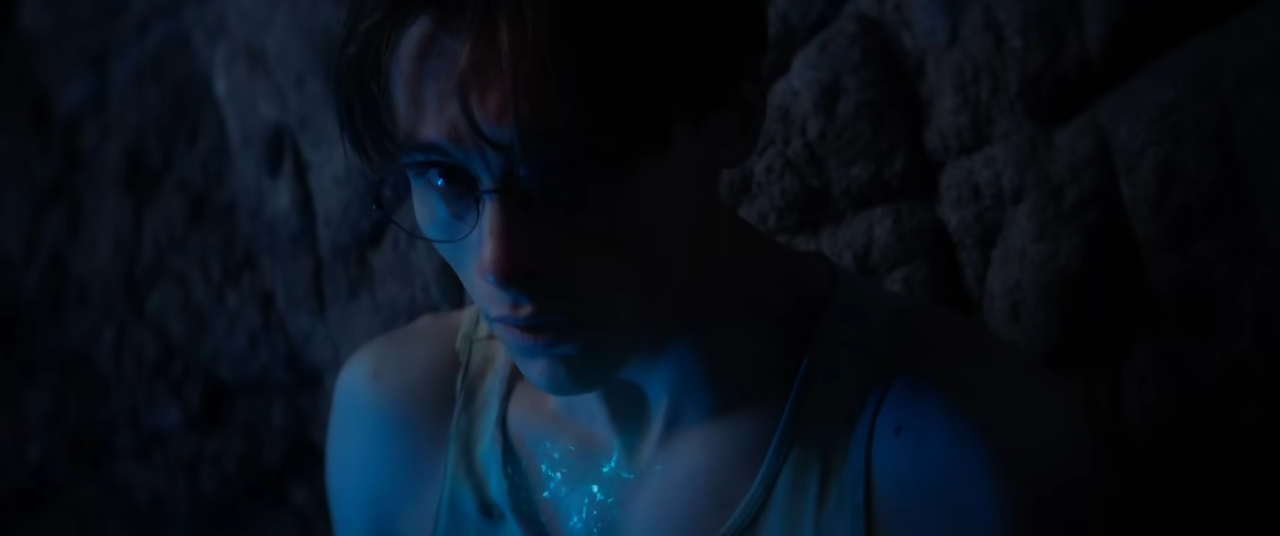Atlantis: The Lost Empire (2026) – Beneath the Surface of Wonder

There are stories that live in memory and myths that sleep beneath time. Atlantis: The Lost Empire (2026) rises from the depths not just as a remake, but as a revelation — a cinematic symphony of science, faith, and fate rendered in hauntingly beautiful live action.

From the first descent beneath the waves, the film envelops you in the awe of discovery. Leonardo DiCaprio’s Milo Thatch is not the usual adventurer; he’s a dreamer burdened by disbelief. His curiosity feels almost sacred — a calling to uncover the forgotten truths of humanity’s origins, even if it costs him everything.
The ocean itself becomes a character here, alive with mystery and melancholy. Its endless blue hides both danger and destiny, reflecting Milo’s own struggle between rational knowledge and the mystical forces guiding his journey. Each ripple, each shimmer of light, feels like a whisper from another world.

Gal Gadot’s Princess Kida emerges from that world like a vision — fierce, ethereal, and heartbreakingly human. Her strength is not born from power but from sacrifice. Between her duty to her ancestors and her desire to embrace the changing tide, Kida personifies the eternal clash between tradition and progress.
Their connection is electric yet fragile, forged not just in romance but in the shared burden of legacy. When Kida and Milo stand before the luminous heart of Atlantis, it’s as if two civilizations — one of faith, one of intellect — finally meet in understanding.

Jason Statham’s Commander Rourke prowls through the story with cold precision, a man who believes conquest is clarity. His obsession turns the expedition into a moral reckoning, forcing every character — and every viewer — to choose what they truly value: power or purpose.
Anne Hathaway’s Helga Sinclair adds another layer of intrigue. Her silences speak louder than her orders, her eyes revealing the quiet agony of a soldier torn between loyalty and conscience. She is the film’s unspoken mirror — proof that redemption often hides behind betrayal.
Visually, the movie is breathtaking. The bioluminescent ruins of Atlantis pulse like living veins beneath the sea. The fusion of ancient architecture with futuristic energy creates an atmosphere both mythic and modern — a reminder that lost worlds may still echo within us.
The battle scenes thunder with intensity, but the quiet moments linger longer — Milo’s trembling hands tracing Atlantean symbols, Kida’s soft prayer to unseen gods, the silence before the storm that decides their fate. It’s here that Atlantis (2026) transcends spectacle and becomes something spiritual.

In the end, this film is not merely about finding a city; it’s about finding meaning in loss. It asks us to look beyond what is seen — to listen to the heartbeat of forgotten civilizations, to believe that wonder is not extinct.
Atlantis: The Lost Empire (2026) doesn’t just bring a legend to life. It redefines what legends are for — to remind us that beneath the ruins of the past still burns a light waiting to be rediscovered.
Related movies:
https://www.youtube.com/watch?v=9MEvf2aDciA











